I am not a fan of the term “work/life balance.” Why? Let’s look at the definition of balance: “a state where things are of equal weight or force.” Just as I don’t believe in the idea that we can be happy all the time, I also do not believe that we can have a schedule equally distributed between the work and life, a perfect 50-50 split. Those unrealistic terms frame us in a mindset that is judgmental and deflates our energy.
So I would like to reframe the idea of work-life “balance,” I see work-life balance as energy. Energy is always moving, shifting, and changing. This is why it is not an uneven percentage that frustrates us, but rather our choices: what do we say yes to, and what do we say no to.
When we say yes to too many things, we start feeling like we don’t have control of our time and where we spend it. We feel as though we are spending our time on the wrong things. When we say yes to everything, we don’t feel accomplished or fulfilled or happy: we give more to others and there is no time left for what we need/want to do.
When we experience balance there is a sense of control, and we feel fulfilled and accomplished.
There are two main areas where I find that it is helpful for my clients and me to achieve more balance in life and feel a sense of control.
1. Pay attention to your choices – what do you say yes to and what do you say no to.
Saying NO - Sometimes when I head for a quick stop at the supermarket, I look at the big cart or the shopping basket and disregard them “I am only getting milk and bread” I tell myself. But then I pass by the fruit section and see a delightful pack of green grapes that I know my kids enjoy, and then I pass by the cans isle and grab two tomato sauce cans, “It can be a good idea for dinner tonight.” Like my supermarket juggling, having too many things in my hands knowing that in a moment everything will fall down, we do the same with life and work. We say yes to too many things and then we are surprised why we have no time left for what we want or need to do.
If we flip the coin, in his book Essentialism, Greg McKeown, mentions that before we say yes, we need to take a step back and ask ourselves: “What is the main thing I want to see on the path I am walking toward? Is what I am doing essential to reaching my long-term goals or self-care?”
Saying Yes to the “right” things – business, distractions, reactive-fixing problems mentality along the day- makes us forget to take a step back and ask ourselves: “Where are my organization and I heading? What are the small goals we need to take in order to head there?”
Asking these questions will move us from saying yes to the wrong things. Sometimes we say yes to the wrong things because it feels that saying yes to that would be easy to accomplish (especially when it is complicated for others), or maybe because it is comfortable for us. Not only those wrong yeses take us nowhere. They have no value and distract us from seeing the results we want. Yeses should not be the easy and comfortable path, but the ones that will help us grow and bring value to our career and life path.
2. Design your boundariesMy client once said to me, “As a Human Resources manager, it feels like there is always someone asking me questions, and now, with my newest team member on the team, it is really hard for me to get things done.” In her role like many roles that cater to others’ needs, her door was always open: figuratively, and literally. It was hard to get to the point where she could sit quietly and focus on doing her work, planning, designing, even answering emails. Her days became longer and she arrived home too late to enjoy her two toddlers.
The open-door policy is important in communicating to others that you are accessible and available to support them, but for some people, especially the givers, the ones who are always willing to stop everything they do and help others, they find that there is no time left to accomplish their work. This is when they get in trouble, some will even become bitter and resentful. My client felt this way.
“Can I say that from listening to you it sounds that you have some challenges with boundaries?” She nodded in agreement and replied: “Yes, I feel it is hard for me to say no with my words and actions to others.” I asked her to physically draw how the boundary line between her and others looks. “Ha!” she smiled, “as uncomfortable as it is admitted to you, I have no line, at times it might be a very thin line, maybe even dotted – that’s why I never get to do anything, I communicate to people that they can take my time and attention whenever they want.”
We worked together to draw the different boundary lines she wanted to have with different people and in different situations. “You know,” she said, reporting back to me in the next session, “I learned that those lines were meant for me and not for other people. The moment I had them in my head I was able to say no to people or ask them to come back in 2 hours when I am done working on the monthly report. It was actually liberating.”
Whether you feel low-energy because you focus on the wrong goals or spend your time first on others with none left for yourself, take ten minutes to sit down and answer the questions:
What are some actions you are saying yes to because they are easy or comfortable, but bring you no value (non-essential)?
What are the actions you want to focus on? They might be less easy, maybe not as fun, and maybe even scary but will take you to where you want to be.
Are you juggling too many things in your hands right now? Maybe it is time to bring a shopping cart and move some of the things there? You can do that by delegating (to your family or employees), Or you can choose to put things back on the shelf - they are not needed right now and you can buy them at another time.
Remember the key to balanced energy is your ability to make hard choices of what stays and what goes. Does it always bring you joy? No, is it essential? I hope so.
What can you learn from your answers to these questions?




